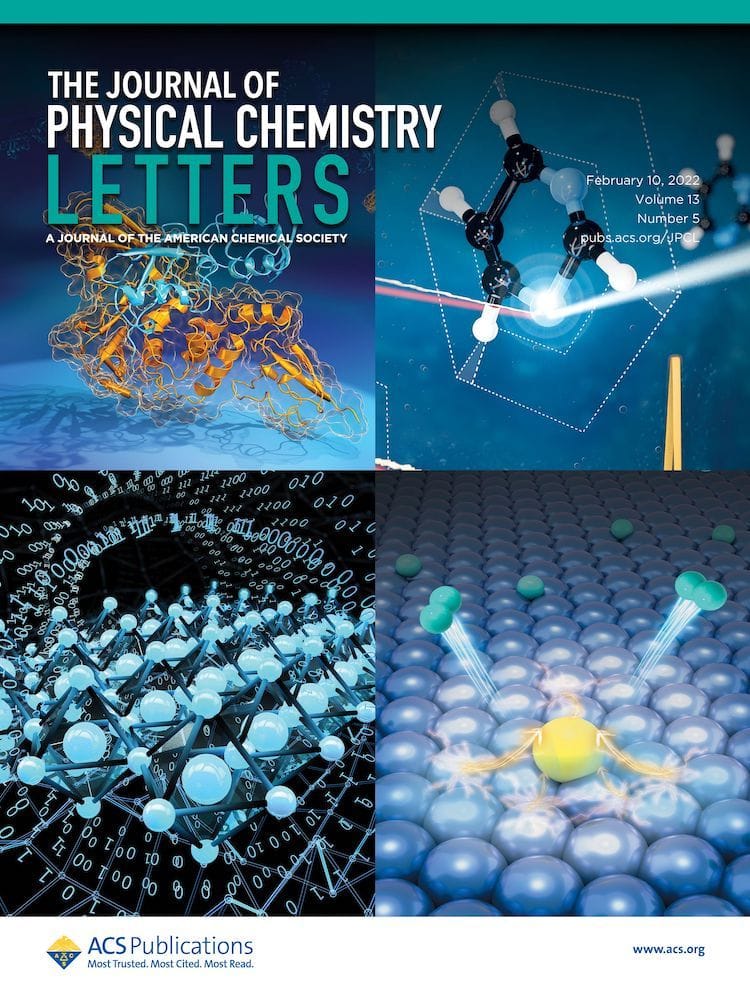Peer-reviewed research articles are a major way that scientists share knowledge with their research communities. But how can researchers learn and share information beyond the findings of a particular study? Where can readers go to discover broad insights their colleagues have learned in their laboratories? How can researchers learn skills to help them publish their […]

Peer-reviewed research articles are a major way that scientists share knowledge with their research communities. But how can researchers learn and share information beyond the findings of a particular study? Where can readers go to discover broad insights their colleagues have learned in their laboratories? How can researchers learn skills to help them publish their research more effectively?
Early in 2015, the editors of Journal of Physical Chemistry Letters asked themselves these questions. The journal’s readership is large, and editors wanted to start a dialogue about common scientific practices through tutorials and discussions published in the journal.
And so “Viewpoints” were born, a new article type that JPCL now publishes regularly. Says JPCL Editor-in-Chief George Schatz, “Viewpoints provide educational insight into research problems and express independent views on popular research themes.”
Viewpoints are considered editorial matter and are written by the journal’s editors and other practicing scientists. They are not typical research articles; instead, they introduce concepts of broad interest to the chemistry community, from educational exercises to science policy. For example, one recent Viewpoint brought together five different authors’ perspectives on open access.
Often, these articles spark dialogue between researchers. Viewpoints have also begun to build understanding between disparate chemistry communities. Authors typically contribute at the invitation of JPCL’s editors, but the journal welcomes submissions from any readers with a perspective to share.
Addressing researchers’ unanswered questions
The Viewpoints series is designed to be flexible; nearly any topic of interest to the community is fair game. What Viewpoints have in common is that they go beyond mere reports of research findings. They are an outlet for researchers to share lessons learned and help put big questions in context.
The Viewpoints articles, editors now realize, fulfill a critical need. “Our community is very large,” says JPCL Managing Editor Zachary Pozun. “Researchers have a lot of common questions and ideas, but we weren’t sharing them in a systematic way. Viewpoints are a way for members of our community to discuss best practices with one another.”
Increasing chemists’ knowledge
Viewpoints also play an important educational function. Many researchers struggle to find new ways to present chemistry research to undergraduate students. George Schatz and colleagues wrote a Viewpoint on teaching undergrads about perovskite solar cells using a simple lab experiment. The article has become one of JPCL’s top downloads.
Even experienced chemists are learning new things from Viewpoints. Authors have written practical guides for collecting data and reporting findings, and other recent pieces have focused on best practices for publishing in JPCL itself. Horst Kisch and Detlef Bahnemann recently explained how to compare rates versus apparent quantum yields in photocatalysis, a concept that is the source of misconceptions among some researchers.
Pozun believes that as more Viewpoints are published and shared, higher-quality research will ultimately result. JPCL has received positive feedback on the series to date, and looks forward to publishing even more informative, out-of-the-box perspectives on working in chemistry.
“We’re proud of these Viewpoints,” says Pozun. “We hope to see them become a cornerstone of the journal.”
